Arabuko Sokoke National Park Kenya
Arabuko Sokoke National Park Kenya, is a 420-square-km tract of natural forest, the largest indigenous coastal forest remaining in East Africa, and is most famous as the home of the golden-rumped elephant shrew.
It’s also home to about 240 bird species, 33 species of snake, flying handkerchief butterflies, and some impressive fauna: elephants, the shy Aders’ duiker (antelope), and plenty of Sykes’ monkeys and yellow baboons.
Where is Arabuko Sokoke National Park Located?
The reserve is a 2-hour drive from Mombasa and 30 minutes from Malindi. It is a beautiful and convenient natural ecosystem to visit, and an easy site to add to before or after spending time on the beach. This is the perfect wilderness for day visitors.
How to Get There
Arabuko Sokoke National Park is easily accessible from the Kenyan coast, located along the main Mombasa-Malindi highway.
By Road:
✓ From Malindi: It is a short 20-30-minute drive (approx. 18 km) south of Malindi town.
✓ From Watamu: The forest is very close, just 8 km (15 minutes) from the popular beach resort area of Watamu.
✓ From Mombasa: The drive takes approximately 2 to 2.5 hours (about 110 km) via the B8 Mombasa-Malindi highway. The route is paved and scenic, passing through Kilifi and lush coastal landscapes
✓ Entry Gate: The main access point is the Gede Gate, which is clearly signposted directly off the main highway. Other gates include Sokoke and Jilore, primarily used for specific trails or forest stations
✓ From Nairobi (Standard Route): The most common route is to drive via the Nairobi-Mombasa Highway (A109) to Mombasa, then head north on the B8 Malindi Highway. The entire journey is approximately 500 km and takes 8–9 hours
By Air:
✓ Nearest Airport: Malindi Airport (MYD), located 20 km from the forest
✓ From Mombasa: Alternatively, visitors can fly into Moi International Airport (MBA) in Mombasa and take a taxi or transfer vehicle north to the forest (approx. 2.5 hours)
✓ Flights: Daily scheduled flights operate from Nairobi (Wilson Airport or Jomo Kenyatta International Airport) to Malindi, taking approximately 1 hour. Airlines such as Jambojet, Safarilink, and Skyward Express serve this route
By Train (Madaraka Express – SGR):
✓ Arrival: The train terminates at the Mombasa Terminus, located on the outskirts of Mombasa
✓ Connecting to the Park: From the train station, arrange a private taxi or transfer service to drive north to Arabuko Sokoke. This road transfer takes approximately 2.5 to 3 hours, bypassing the busy Mombasa city center and heading straight up the coast
✓ The Experience: The SGR train offers a modern, comfortable, and scenic journey from Nairobi to Mombasa. The ride takes approximately 5 to 6 hours, passing through the Tsavo National Parks, where you can often spot elephants and other wildlife from your window
What type of vegetation is found in Arabuko-Sokoke National Park, Kenya?
There are three distinct types of forests within the park:
✓ Brachystegia Forest: Offers the widest range of bird species
✓ Mixed Forest: Rich in plant species, butterflies, and mammals
✓ Cynometra Forest: Offers the densest growth and holds the widest range of animal and bird species. The forest is also interspersed with seasonal pools, which burst into life after the rains
What are the activities that can be done in Arabuko Sokoke National Park?
✓ Forest Drives: Explore the wilderness on a drive
✓ Picnicking: Enjoy picnics at selected sites within the forest
✓ Trails: Access to over 100km of forest trails open to the public
✓ Cycling & Running: Enjoy running and cycling through the forest trails
✓ Forest Walks: Walks led by experienced guides tailored to your interests
✓ Cultural Visits: Visit the cultural center to learn about the Giriama community and witness traditional dance performances
✓ Conservation Learning: Learn about forest conservation efforts by the local community, including butterfly farming and bee farming
What kinds of wildlife can be seen in Arabuko-Sokoke National Park?
Arabuko Sokoke Forest Reserve is not primarily a big-game viewing destination, but it is rich in unique biodiversity.
Mammals:
✓ Rare Sightings: Buffalo, elephant, and leopard are present, but sightings are rare
✓ Primates: Baboons, Vervet monkeys, Sykes’ monkeys, and Bushbabies (Garnetts and Zanzibar)
✓ Small Mammals: Sokoke bushy-tailed Mongoose, Ader’s Duiker, red, blue, and common Duikers, blotched Genet, Caracal, Aardvarks, red-bellied coast Squirrels, and red-legged sun squirrels
Reptiles & Amphibians:
✓ Amphibians: There are 25 frog and toad species recorded
✓ Monitors: Savanna and Nile monitors are the largest reptiles here
✓ Lizards: Sand lizards, geckos, and chameleons (flap-necked and pygmy)
✓ Tortoises: Leopard tortoises and hinged-backed tortoises thrive in the habitat
✓ Snakes: Plentiful tree-climbers, including twig snakes, boomslangs, and green mambas
Insects & Butterflies:
✓ Millipedes: The magnificent but harmless millipede, known as the ‘Mombasa train’, can grow up to 20 cm long
✓ Butterflies: Home to 263 recorded species of forest butterflies (at least 6 endemic to the coast), representing 30% of all Kenya’s butterfly species
✓ Insect Life: Rife with crickets, grasshoppers, spiders, beetles, termites, and huge colonies of ants. Seasonal pools attract iridescent dragonflies and damselflies
Arabuko Sokoke Forest Park Entrance Fees
Arabuko Sokoke National Park Kenya Entrance Fees 2026 (1st January – 31st December)
|
East Africa Citizen |
Kenyan Resident |
Non-Resident |
||||
|
Adult |
Child |
Adult |
Child |
Adult |
Child |
|
|
Arabuko Sokoke National Park |
232 |
58 |
464 |
58 |
696 |
174 |
Notes
* Non-Resident Students: Kshs 174
* Kenyan Resident Students: Kshs 174
* East African Citizen Students: Kshs 23
* Child refers to persons from three years but below 11 years
* Resident refers to persons of other nationalities residing in Kenya with valid documentation from the Kenyan government
* Dogs are not allowed in the forest. You can enter the forest via three entrance gates – Gede (the main gate), Sokoke, or Jilore
* Daily – Fee paid for a single entry to a national park, national reserve, or sanctuary, and which shall be valid for no longer than twenty-four hours
* Citizen – A native or inhabitant of East African countries (Kenya, Uganda, Tanzania, Rwanda, Burundi, and South Sudan) with valid identification documents or a passport
* All revenues generated by these visits go directly back to the community. The Arabuko-Sokoke Forest is home to elephants and buffalo, so if you are walking, running or cycling take all precautions to avoid interaction with these species.
* Always follow the rules and regulations prescribed for the forest and available at the entrance gate in Gede. Night visits to the forest are not permitted, and you shall leave the forest or reach your campsite before 6 pm
* It is forbidden by Kenyan law to use plastic bags in the country and plastic bottles in protected areas. Please bring your water in reusable containers. Don’t forget to take your rubbish out of the forest when you are finished with your picnic
Arabuko Sokoke National Park Kenya Pictures
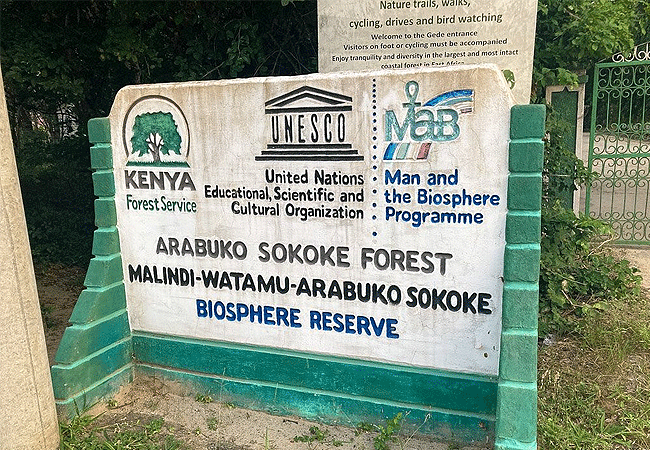
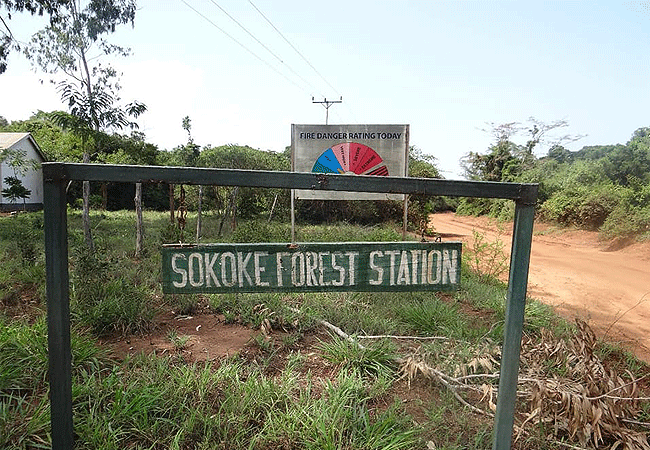
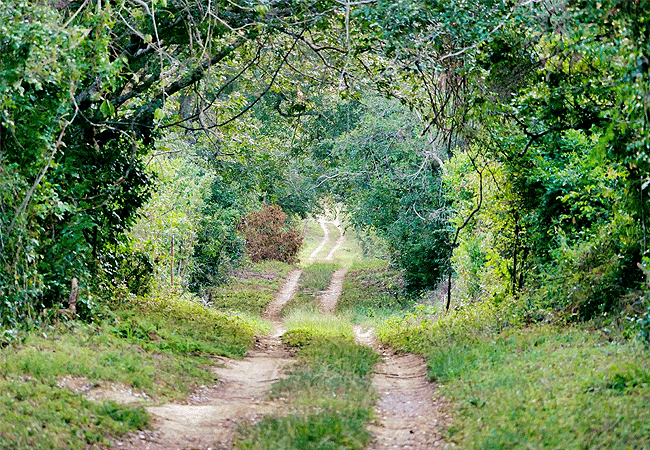
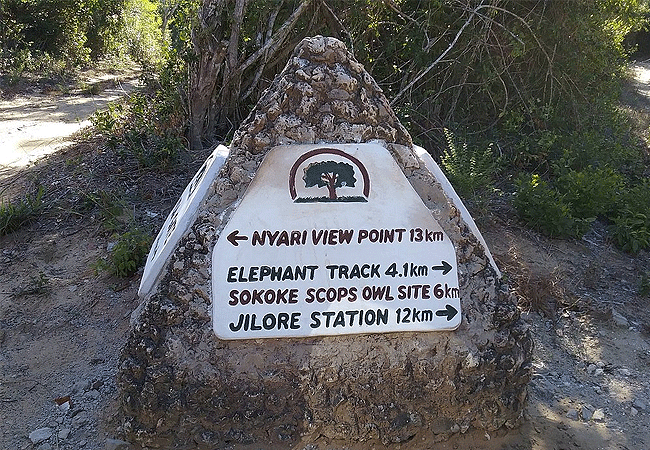
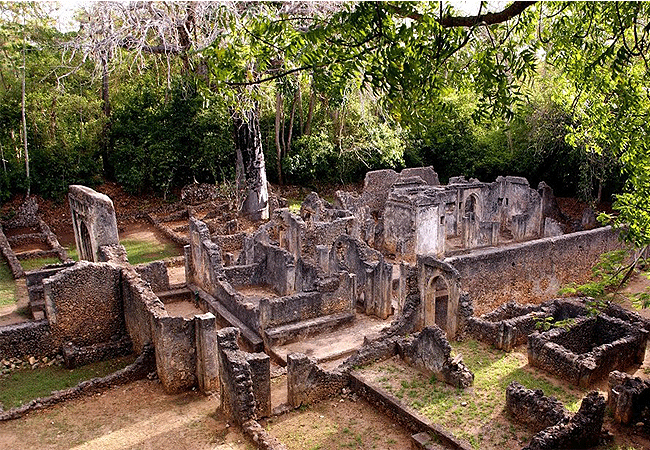
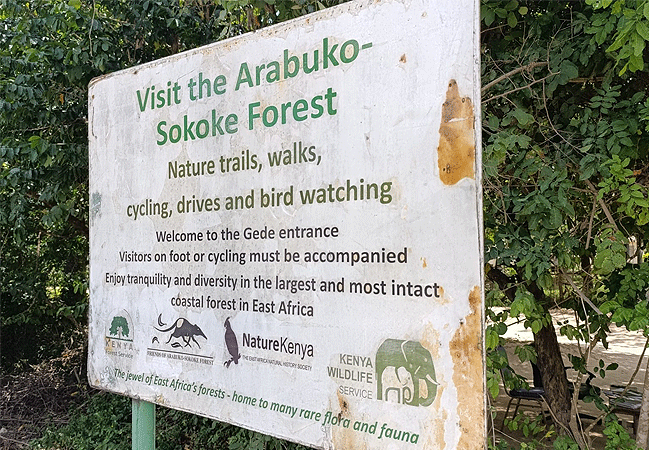
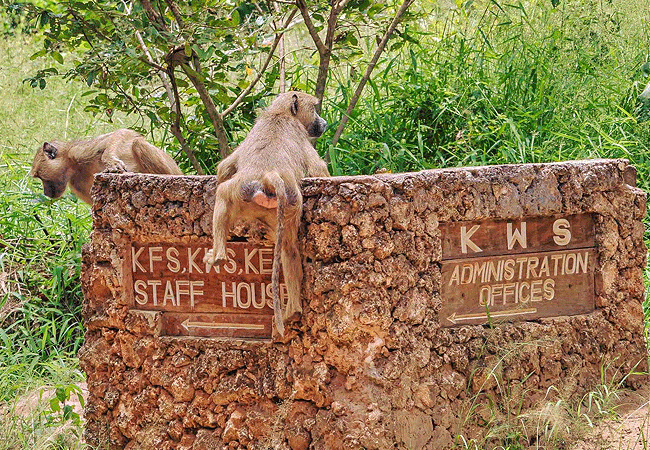
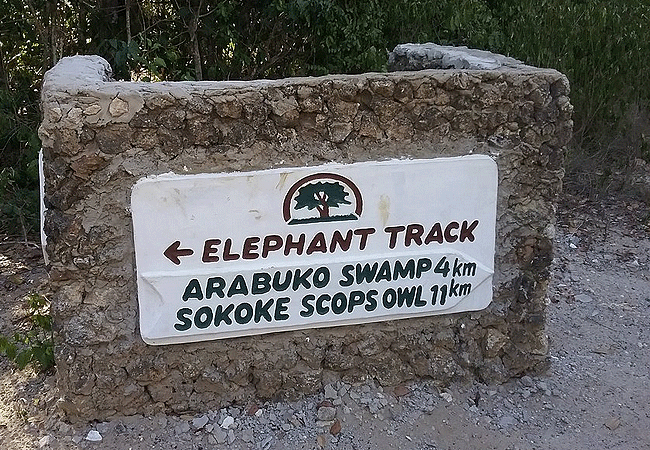
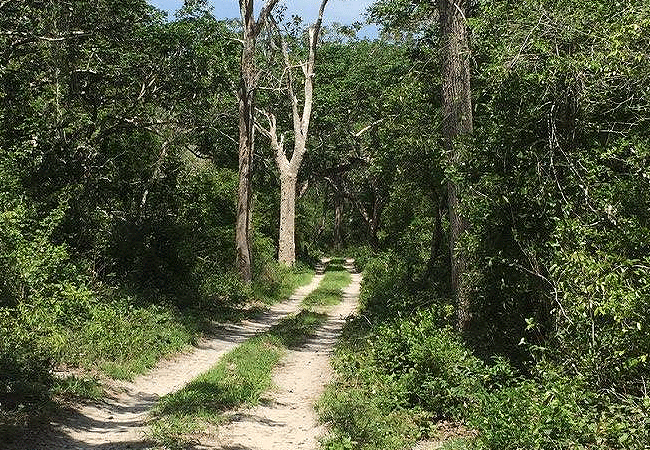
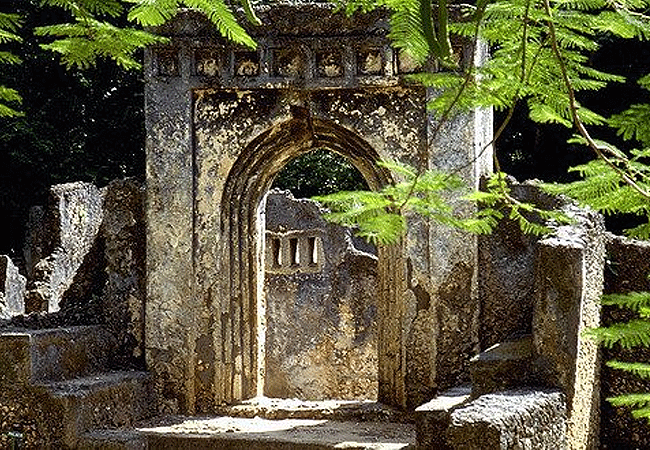
Arabuko Sokoke National Park Kenya Wildlife
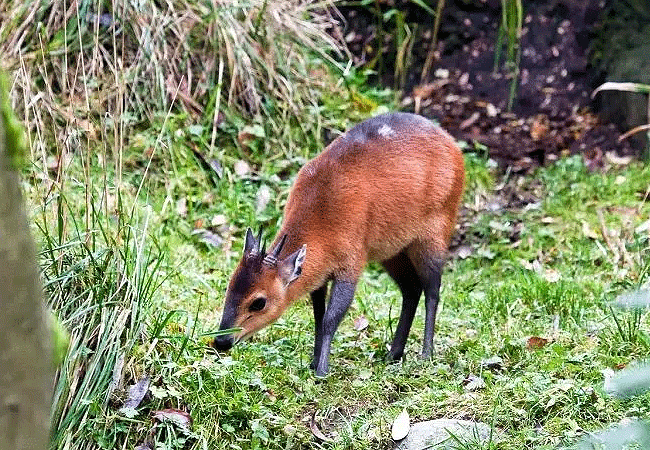
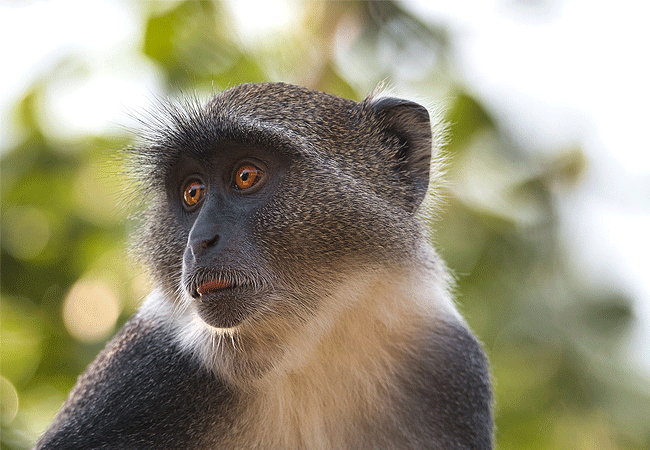
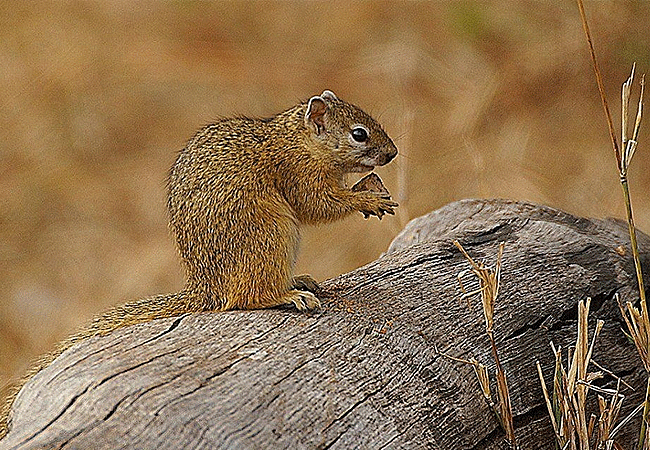
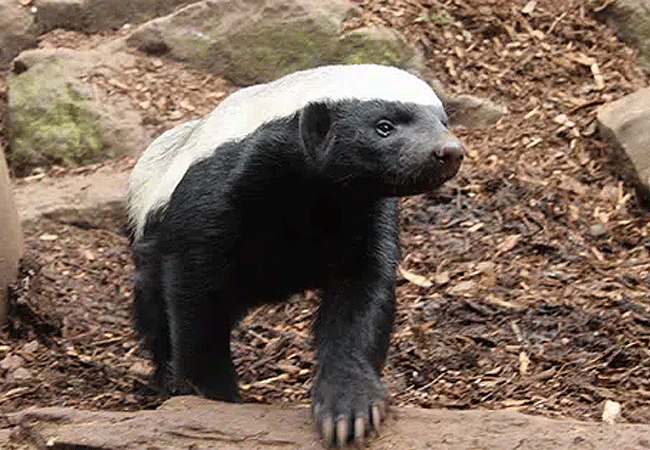
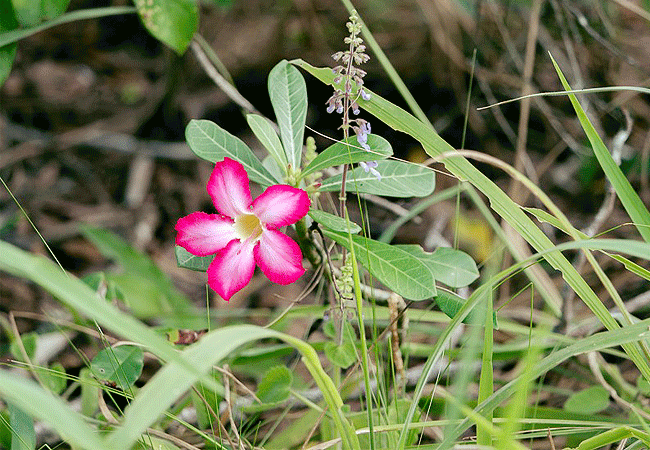
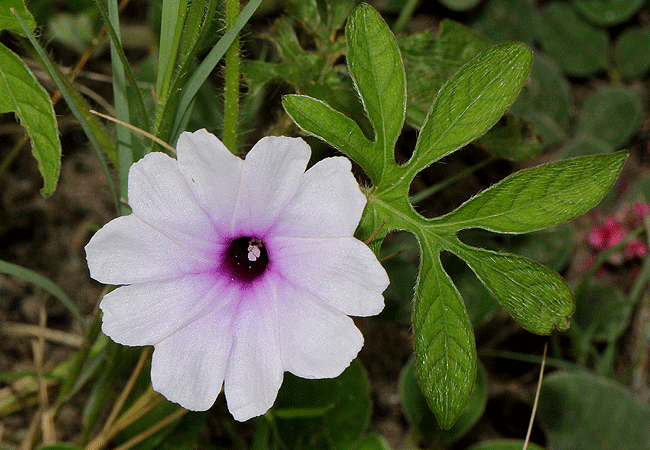
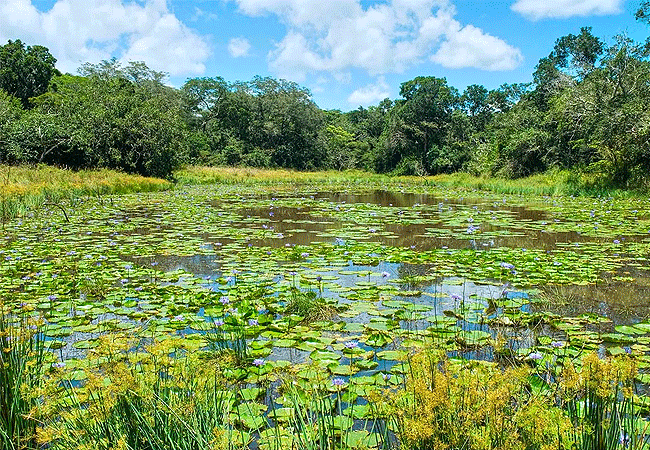
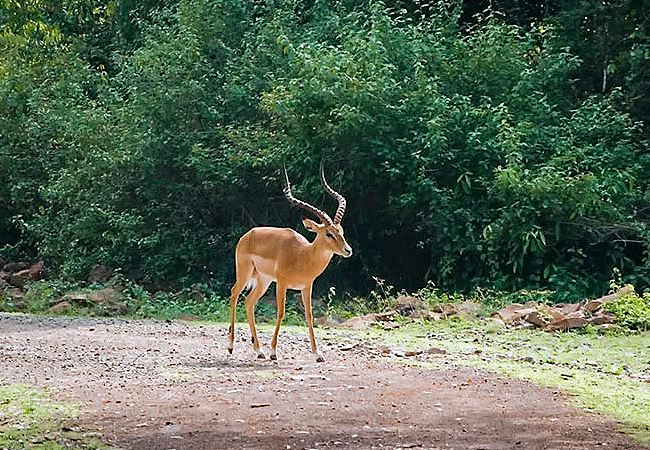
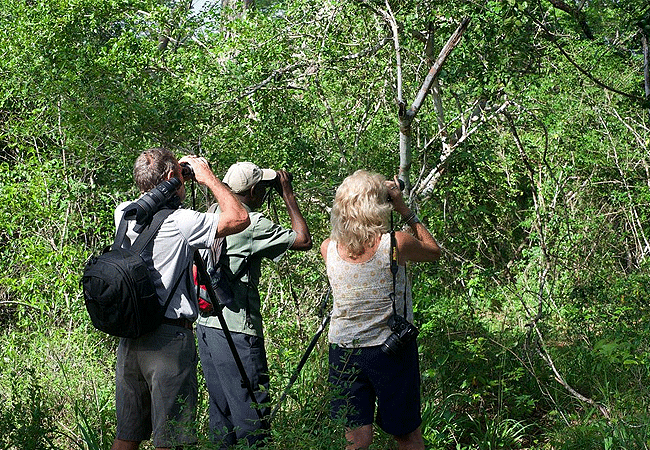
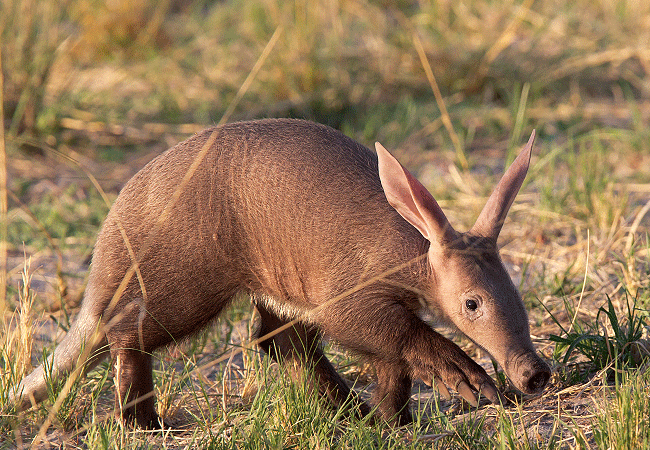
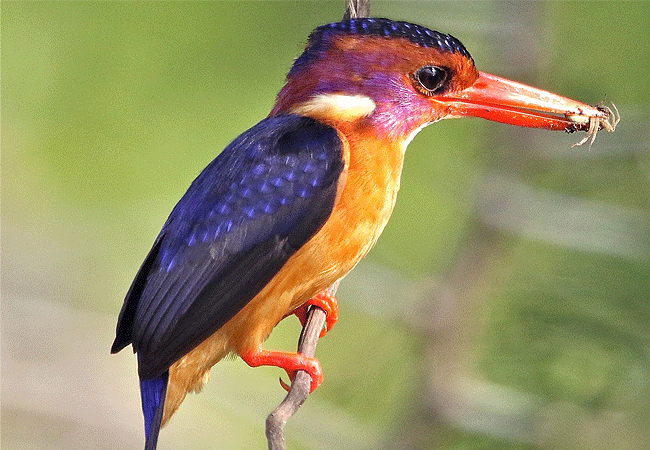
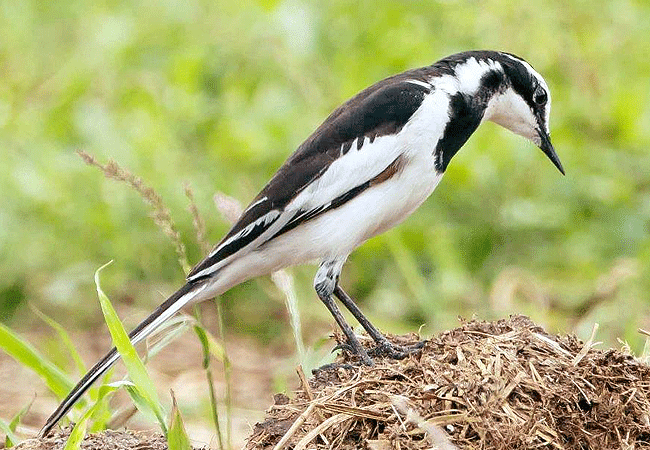
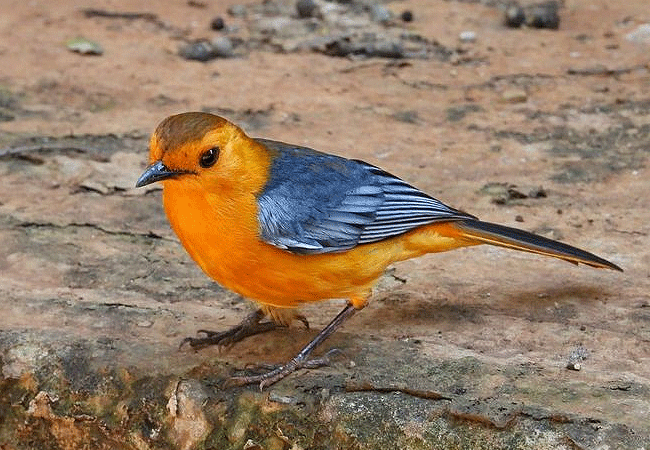
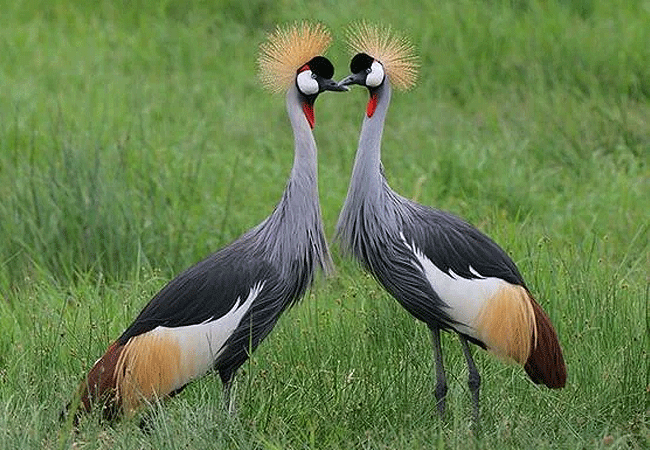
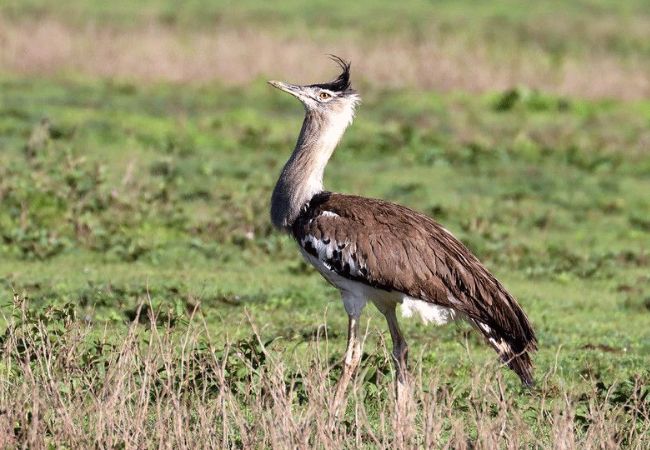
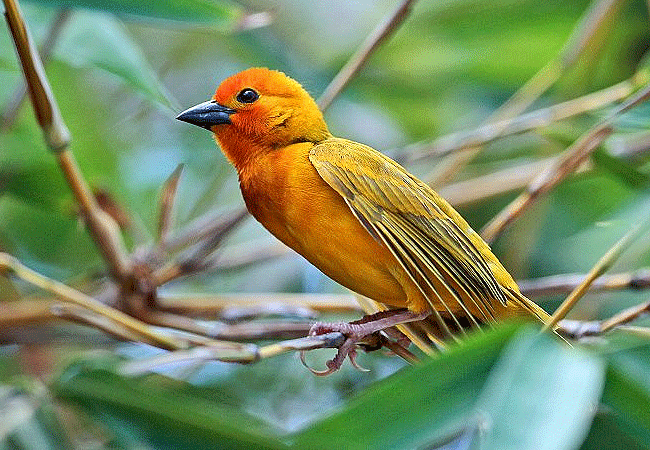
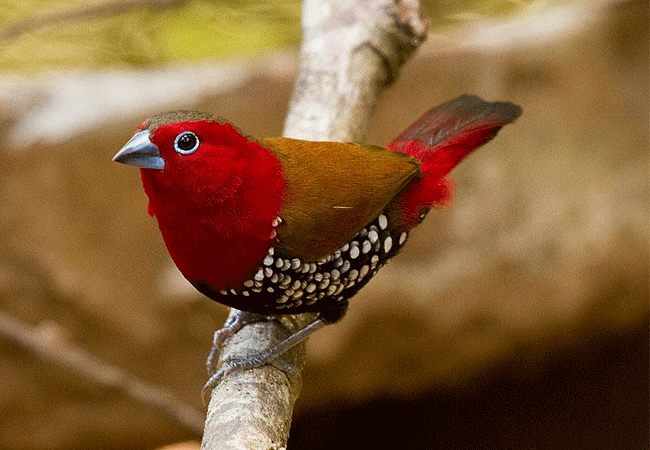
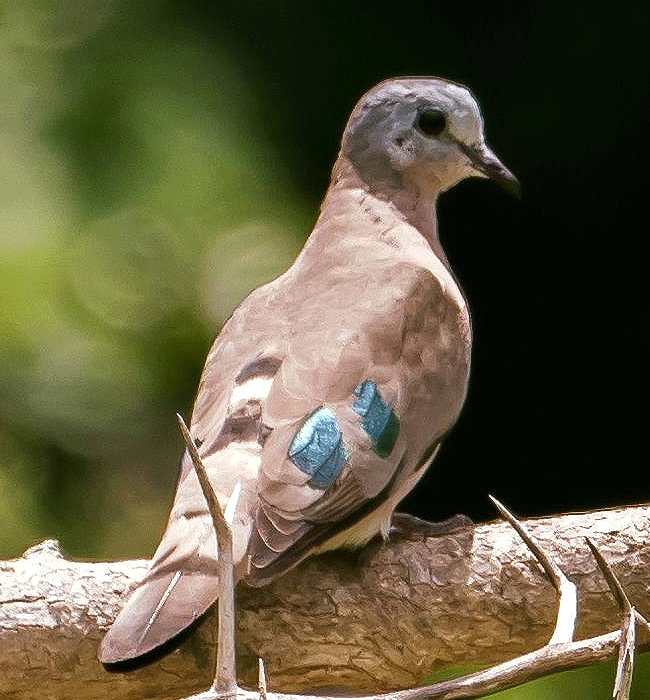
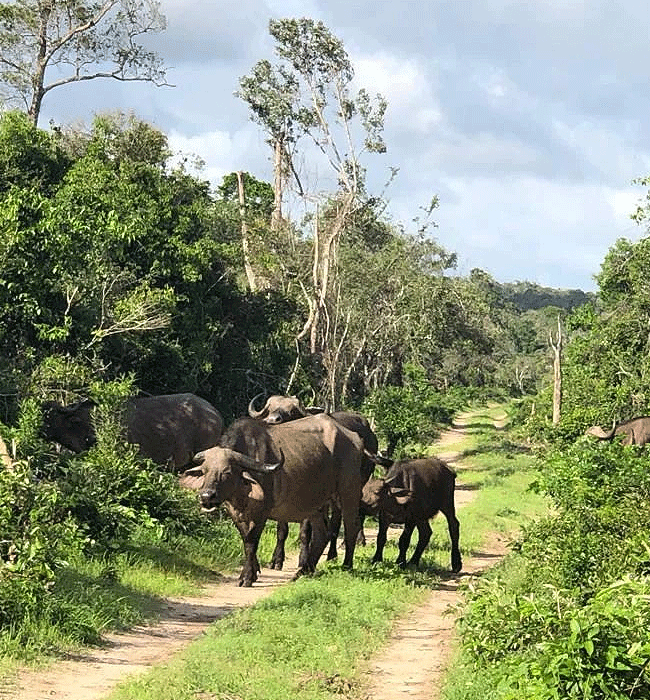
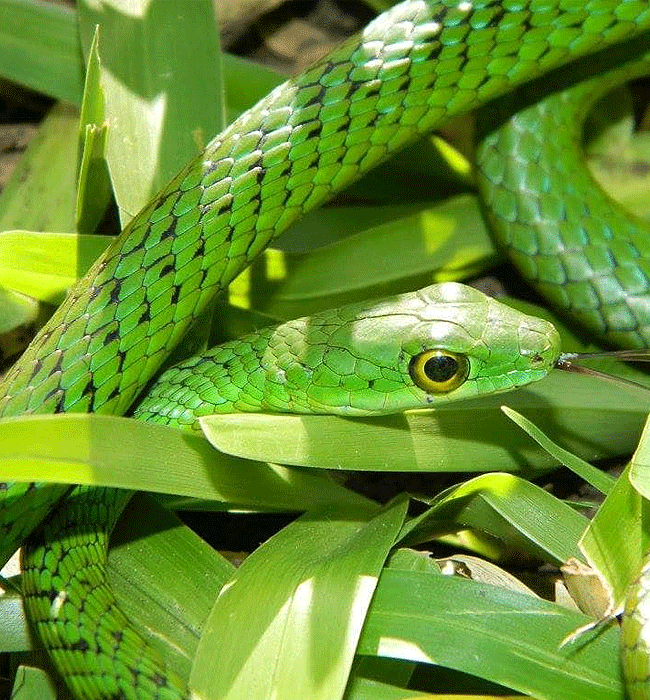
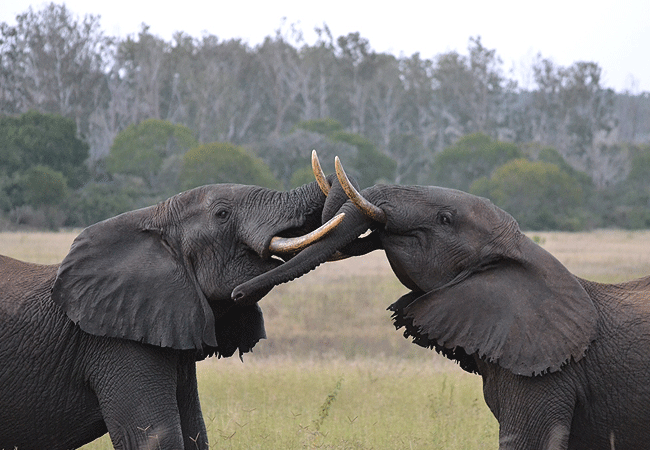
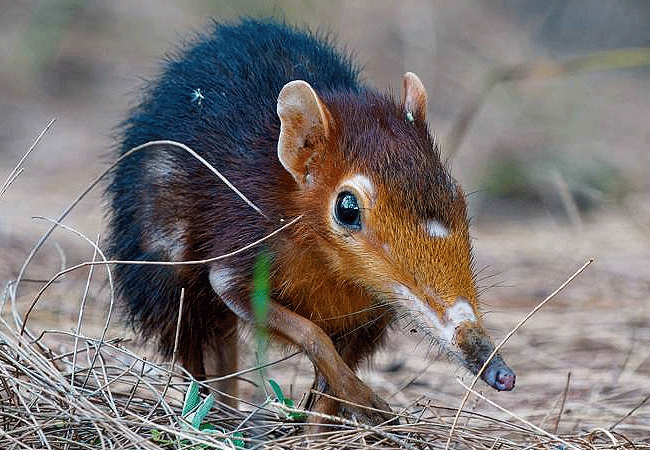
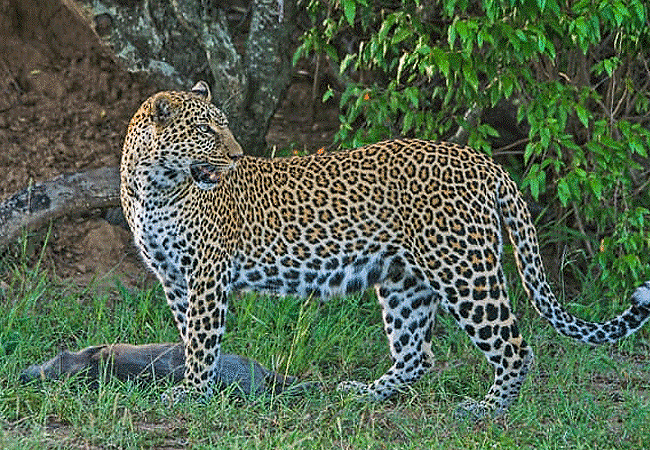
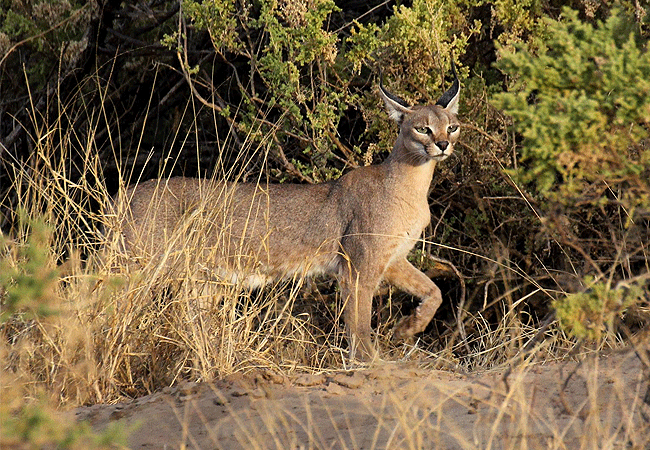
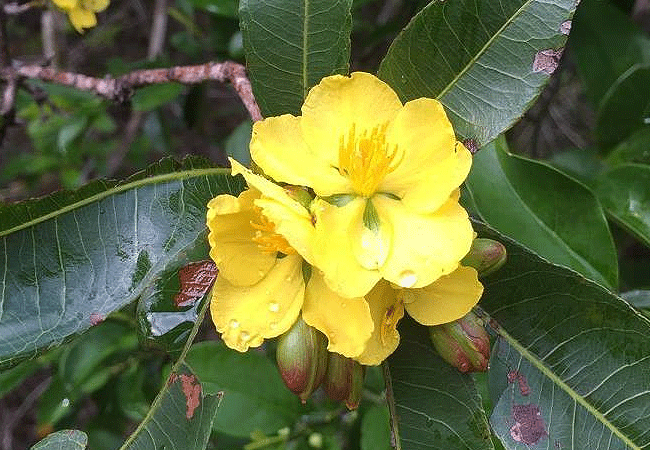
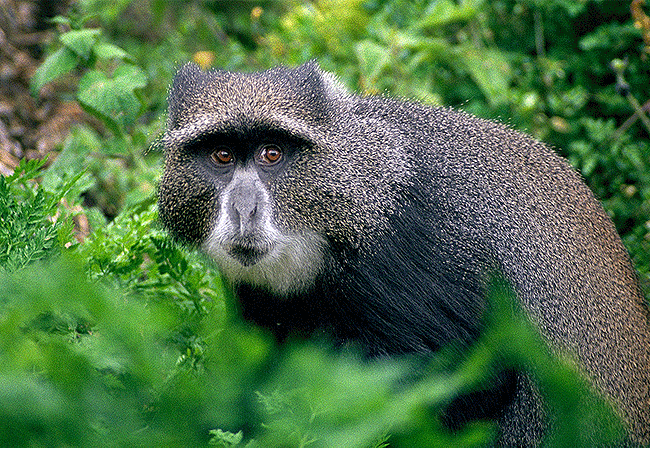
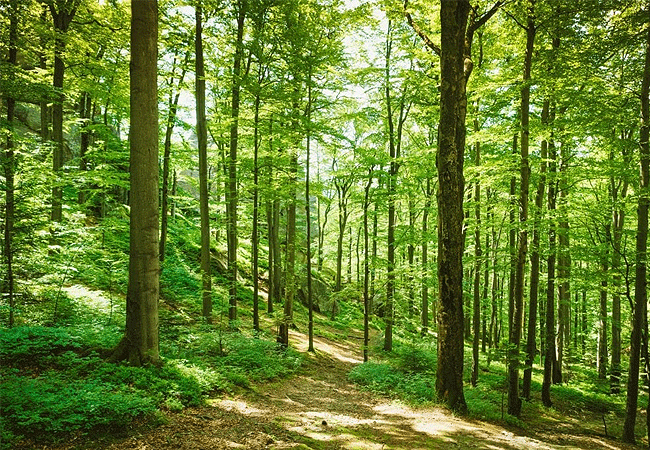
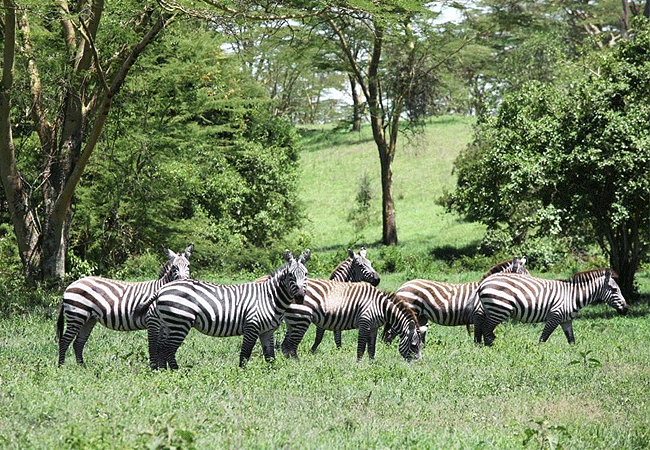
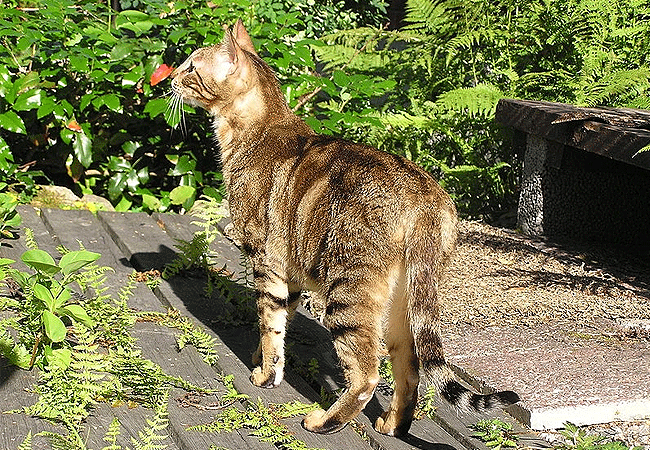
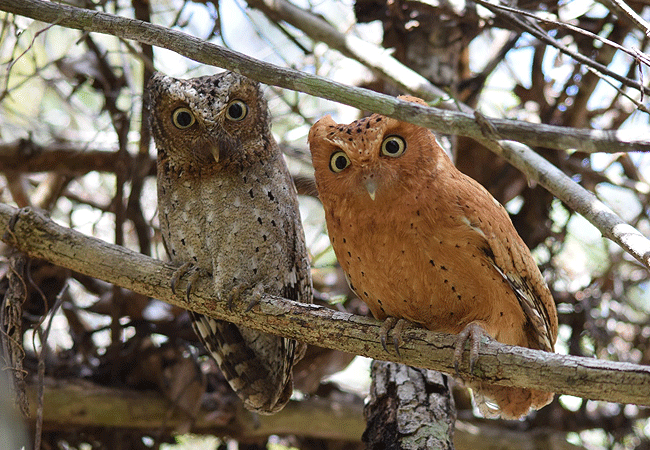
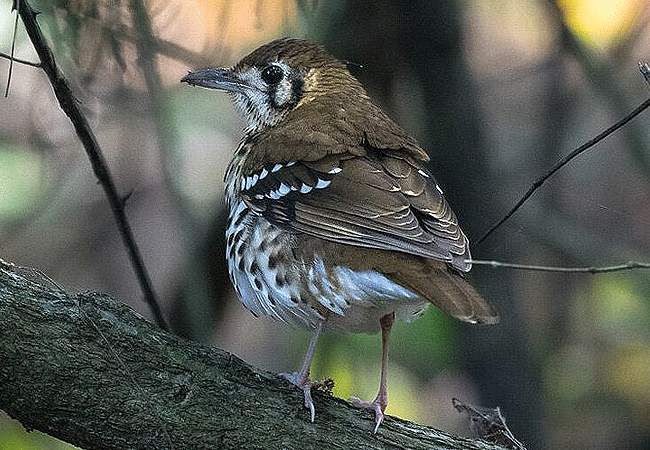
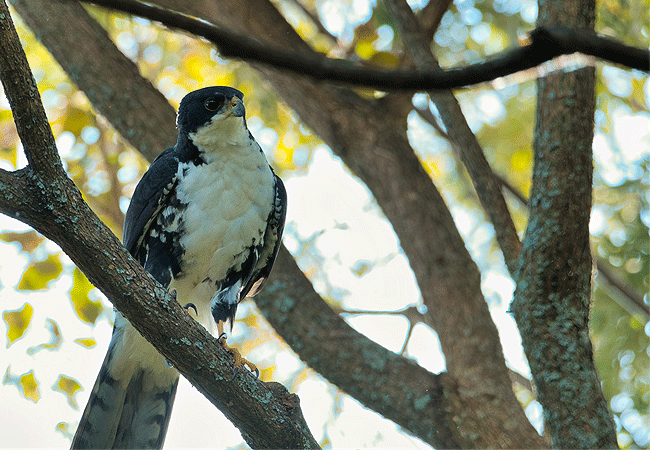
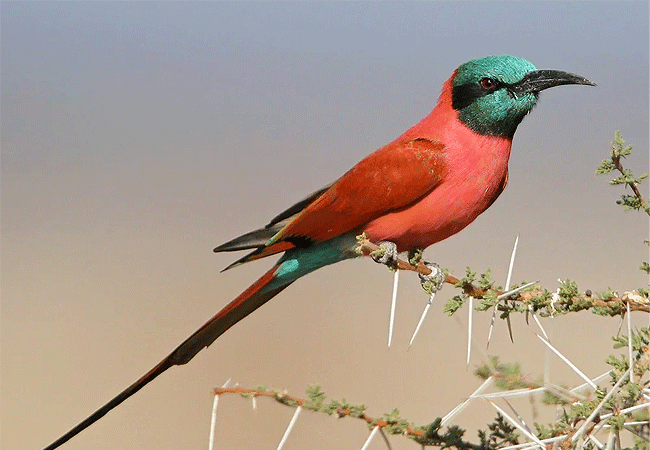
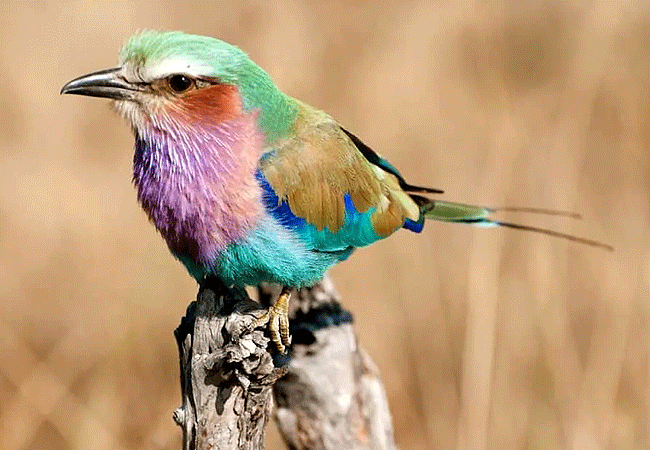
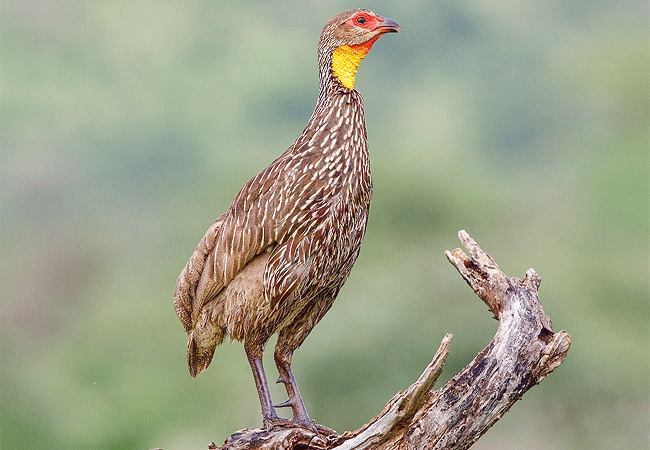
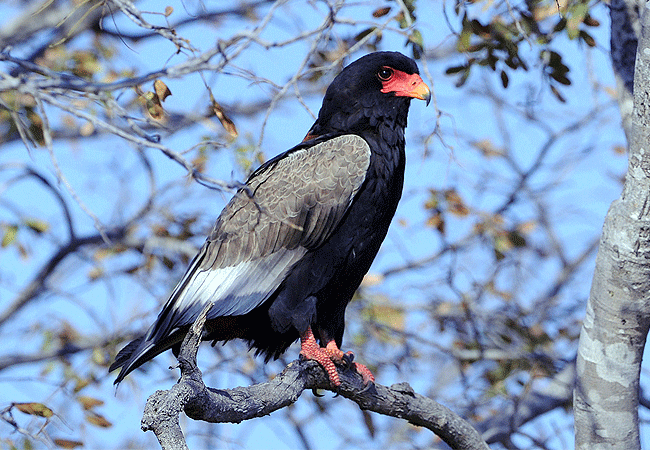
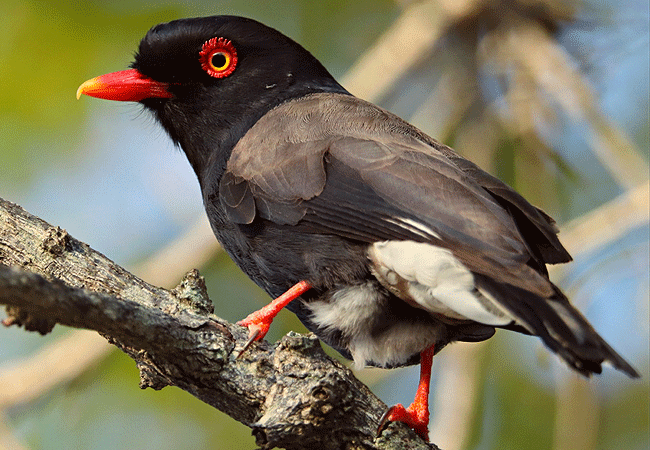
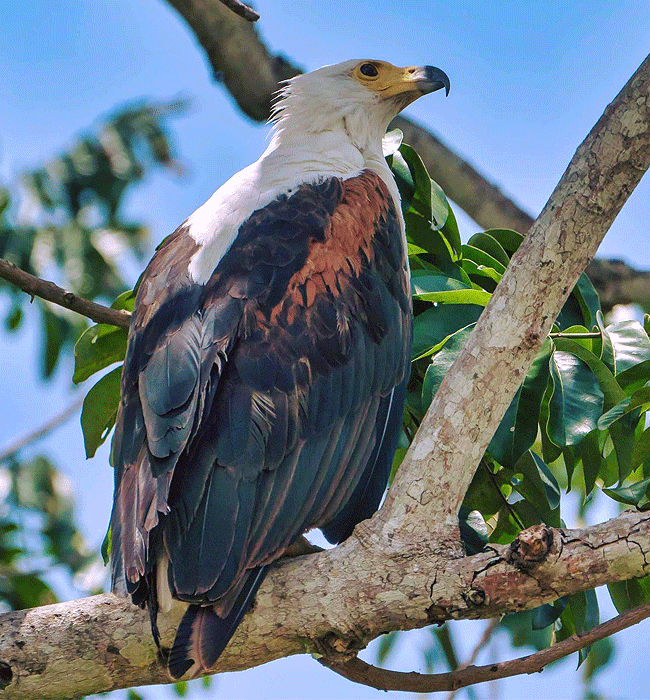
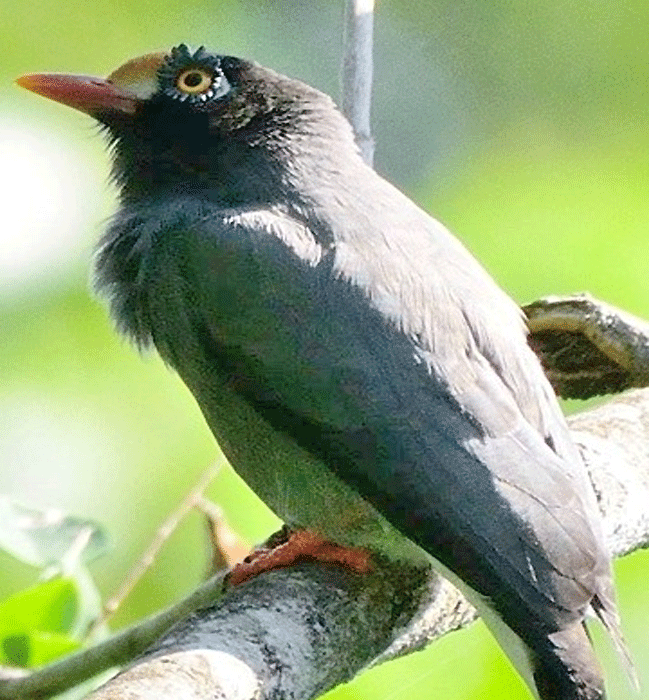
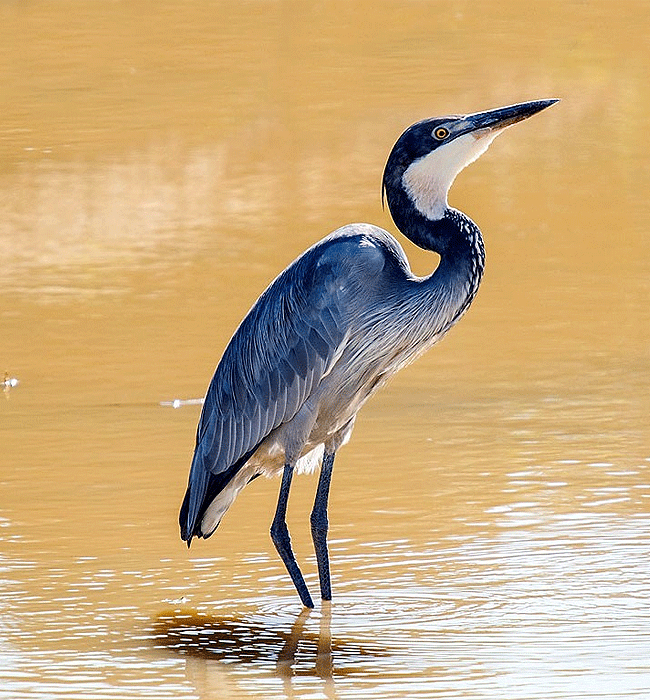

Arabuko Sokoke Forest Wildlife | Animals & Birds
Arabuko Sokoke National Park is one of the most popular destinations for birding and butterfly-watching on the African continent. The park is said to host over 20% of Kenya’s bird species,30% of its butterfly species, and over 24% of endemic birds, mammal species, and reptiles.
The forest offers an exceptional birding experience with more than 482 bird species documented including endemic, rare, and endangered species such as Clark’s weaver or Sokoke Scop’s Owl.
Spend time at the Arabuko-Sokoke swamp and enjoy sightings of elephants and buffalo that come to drink at sundown and if you have time, Interact with the local Waata community and learn more about their unique way of life at a cultural center in the forest.
Arabuko Sokoke Forest is also home to about 33 species of snake, flying handkerchief butterflies, and some impressive animals such as the African Golden Cat, Sokoke bushy-tailed Mongoose, Golden-rumped Elephant shrew, Ader’s Duiker, elephants, the shy Aders’ duiker (antelope), and plenty of Sykes’ monkeys and yellow baboons.
Unusual reptiles include the Green Keel-bellied Lizard and the Bunty’s Dwarf Toad. The forest has over 50 plants from Arabuko-Sokoke are globally or nationally rare.
The best times to discover Arabuko-Sokoke forests are the early morning hours around dawn or the early evening hours around dusk when wildlife and birds of the forest are most active. These times are also more comfortable for you because you avoid the hot part of the day.

Arabuko Sosoke National Park Activities

Arabuko-Sokoke Forest Activities
Forest Drives: There are over 100km of forest trails open to the public. A 4WD is advisable in some parts especially during the rainy season – our guide will advise you on forest trail accessibility. Don’t forget to visit forest highlights such as the Nyari viewpoint where there are spectacular views towards Mida Creek and the Indian Ocean and the Arabuko Swamp, the only permanent water source in the forest where elephants come to drink at the sundown.
This national park is home to over 252 mammals,60 plant species, and 79 amphibians. These are some of the mammal species to see in the park such as yellow baboons, Lesser Galago elephants, and Sykes’ monkeys, it also houses animals like the Aders’ duiker which are ‘’small antelopes and they live in pairs’’ and the unique Golden-rumped elephant shrew.
Other permanent species of Arabuko Sokoke Forest include Clarke’s weaver, Savanah elephants, Sokoke scops owl, Sokoke Pipit, Amani Sunbird, Sokoke bushy-tailed mongoose, Spotted ground thrush, African cricket, baboons, and vervet monkeys.
Butterfly Watching: The park boasts various butterfly species such as Mimetic, Baliochila minima of the family Lycaenidae, Charaxes lasti, and the Charaxes blandae of the family Nymphalidae. Other species are Danaus chrrtsippus alcipus, mylothris agathina and Amauris ochlea.
Camping: Campers need to be self-sufficient with all equipment, transport, food, and water. At the moment there are no designated campsites that offer services and there are no toilets available. Fires are NOT allowed in the Arabuko-Sokoke Forest and all litter must be taken out with you.
Running and Cycling: Running and cycling through the forest are also allowed. We recommend using forest parts outside of the electric fence where elephants and buffalo are not present.
Walking: Walking in Arabuko-Sokoke Forest is a relaxing experience, the songs of birds and buzzing of cicadas fill the air, and a mammal may cross the track. Your guide will ensure you visit the right places, depending on your interests and physical capacity.
Picnics: Picnics in Arabuko-Sokoke Forest may be enjoyed at selected sites. Note that a picnic is defined as a small packed-snack affair for family and friends and must neither involve catering nor erecting temporary structures such as tents.
The Giriama community has developed a cultural center within the forest to share their traditions with guests. During their cultural events, you will learn about their culture and witness traditional dance performances. For organizing this unique experience contact your guide.
Waata community is in the process of developing a similar cultural site inside the forest. Arabuko Sokoke is Waata for ‘forest of the thin elephant’ (arbi means elephant, huk’o means thin, Sokoke means short trees).
What to Wear and Carry | Arabuko-Sokoke Forest Hotels & Lodges
Arabuko-Sokoke Forest Hotels: There are several camping spots, for those wishing to go camping or wish to stay overnight. For accommodation, you can stay in Kilifi, Malindi, and Watamu as it is an easy day trip from the two areas. There is no accommodation in the forest reserve area other than camping.
Some of the hotels include Mida Creek Nature Camp, Mida Creek Eco Camp, Palm Garden Boutique Hotel, Rock and Sea Resort, Kobe Suite Resort, Temple Point Resort, Rock and Sea Resort, Palm Garden Boutique Hotel, Garoda House Turtle Bay, Medina Palms, Turtle Bay Beach Club, Mangrove View and Bamba Kofi Tented Camp.

Booking & Reservations Arabuko Sokoke Forest Reserve Contact
Mobile: +254-721-242-711
WhatsApp: +254-721-242-711
Reservations: +254 718-179-967
Email: [email protected]
Website: https://africanspicesafaris.com
